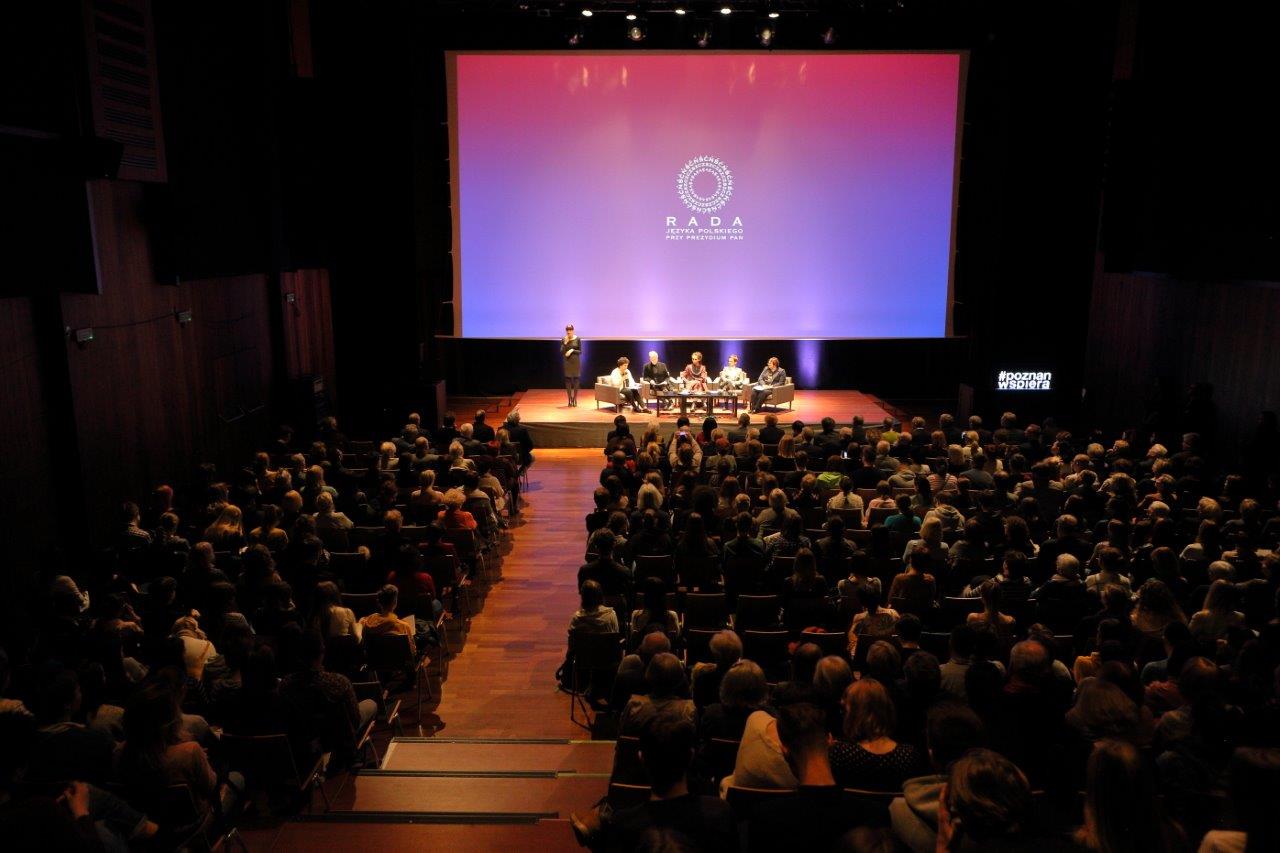
On the 21st of February, the International Mother Tongue Day tongue is celebrated worldwide. It was established by UNESCO on the 17th of November, 1999. The establishment of this day would not be anything special ? after all, we have many different ?holidays? that remind us of something ? if not for the riots that took place in 1952. Then five students from Dhaka University died during the demonstration to make the community aware of the status of the Bengali language.
Some languages are strong and well established in the world ? like English and Spanish. Others, such as Irish or Belarusian, seem niche and few people are aware of their natural existence. In Ireland, the local version of English is used instead of Irish, and in Belarus, Russian is the official language as the dominant language of the former Soviet Union. Our unconsciousness leads to the need to constantly remind people of their mother tongue and to care about its value.
Other languages ? such as Kashubian, which was just a dialect of Polish, ? gain regional significance and become outright official languages used in particular communities and areas.
A linguistic debate has been held in Poznan on the eve of the International Mother Tongue Day. During this event, various issues related to the Polish language and its diversity are discussed. It all began in 2017, when the ZAMEK Culture Centre in Poznan decided to take over the organization of the mentioned holiday and gathered a huge audience, with seven prominent Polish academics and media representatives as panelists.
The success of the event strengthened organizers? belief that the event plays an important part among Poles. And then, the second debate took place a year later, then, in 2019, the third, and finally, a few days ago, the fourth one.
The topics discussed during the meeting focus on many issues that concern Poles as native speakers of the Polish language, as well as the academic community, who deal with the living language being a subject of researches and evolving in relation to its functions.
So far, such issues as ?the Polish language of thinking people?, patterns of the Polish language, language and democracy, and language and exclusion have been discussed. The discussion focused on what differentiates the Polish language, how it changes, what influences meanings of words, who is the linguistic authority, what is the relationship between language and politics, and authority. Finally, how we differentiate society itself, evaluate it or even exclude certain groups simply by using language.
Recently there have been many debates and events aimed at discussing the contemporary Polish language. There are also scientific papers and studies focusing on the latest concerns, e.g., the use of female noun formation (which doesn?t exist in English or some other languages, and in Polish is a kind of gender expression) and the linguistic image of the world. All this makes not only Polish scholars but also the native speakers themselves feel the need to understand what is happening and how language is evolving. Above all, however, how what we say can be about us as people living in a particular society.
Therefore, it seems that the International Mother Tongue Day is something more than just a day of ?something? (e.g., the Day without a Car or the Day of the Cat, which have no particular meaning and are not celebrated nationally). It is a day when we?re becoming more and more aware of our identity, a way of speaking and, above all, our inner image of the world (mostly depending on the language form: its grammatical structure and word meaning).
We hope that from year to year, more and more Poles will see the need to celebrate this holiday in order to express their Polishness and care for their native language.
Photographs: M. Kaczyński / ZAMEK CC





Leave a Reply